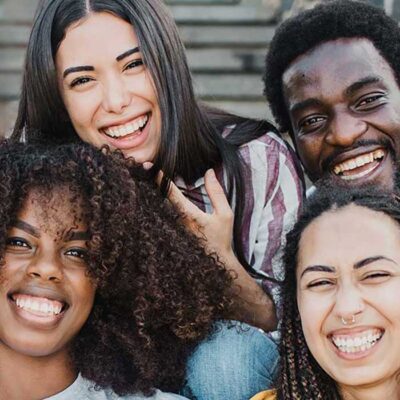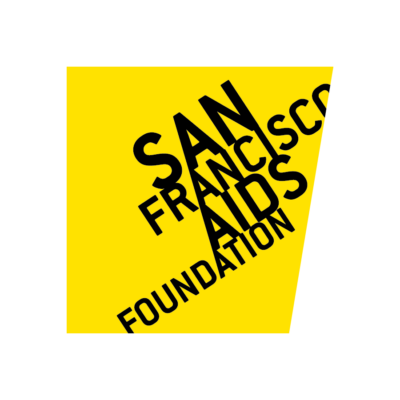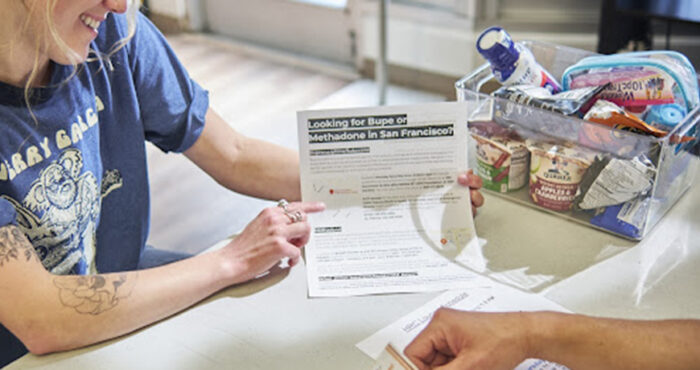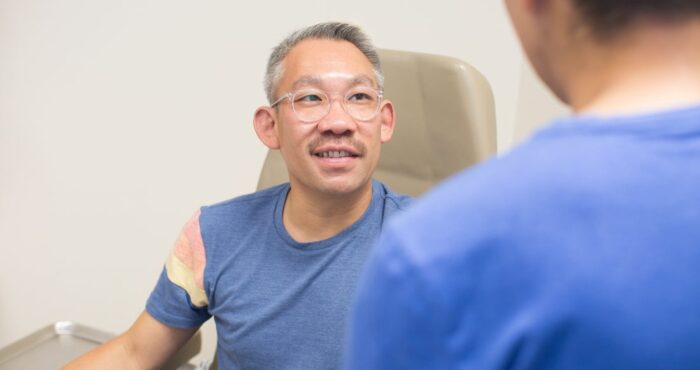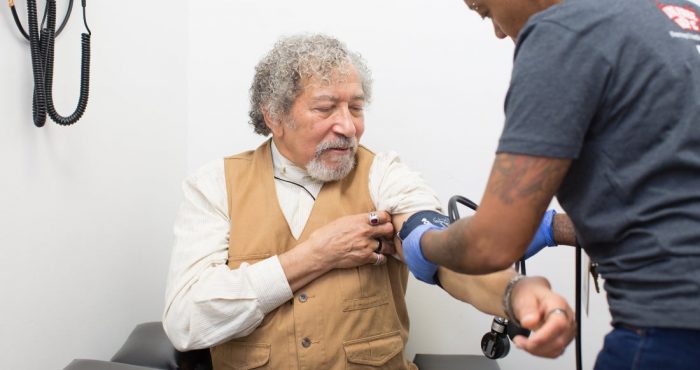Ready or not: Undetectable = Undisputable
When did you first hear the message that undetectable equals untransmittable? What does that message mean to you? We asked three members of the Elizabeth Taylor 50-Plus Network, to get their thoughts on the power and influence of this message and its impact on their own lives.
“A lot went through my head in the few days after my diagnosis,” said Kim Armbruster, 65, who was diagnosed with HIV four years ago. “One of those things was, ‘Well, my sex life is done. I don’t want to put anyone at risk and all of that.’ When I heard the message that people who are undetectable don’t transmit HIV three days later, that was a game changer.”
U=U, a public health campaign led by Prevention Access Campaign, began about two years ago to share the message that people living with HIV who are undetectable do not transmit HIV to others. In recent years, final results from high-profile studies of thousands of people living with HIV have provided solid evidence backing this statement. Yet the underlying idea that undetectable equals untransmittable is not new.
Ten years ago, the Swiss Federal Commission for HIV/AIDS issued a position statement specifying that people who are stable and adherent to antiretroviral therapy, have been undetectable for at least six months, and do not have any STIs pose no risk of transmitting HIV to sex partners. At the time, the ‘Swiss Statement’ was met with concern by some public health officials and many people living with HIV received little if any information about this important message. From 2008 to the advent of the U=U campaign, the dissemination of the message that people who are undetectable do not transmit HIV was scattered and uneven.
The diverging experiences of Raoul Thomas, 65, diagnosed with HIV in 1988, and Victor McManus, diagnosed in 2000, are case in point: McManus first heard this information around the time when the Swiss Statement was issued. Thomas has been undetectable for 15 years but only first learned about U=U within the last two years.
“I never would have dreamt that if you were undetectable you could not transmit HIV,” said Thomas. “Especially back in 1988—those concepts were not part of our reality then.”
McManus learned that people living with HIV who are undetectable do not transmit HIV in 2008 after approaching his doctor in West Hollywood with questions he was getting from his brother.
“At the time, I was living with my brother who ended up kicking me out of the house after I told him I was HIV-positive. He didn’t want me around his kids. I told him—they can’t get HIV from me, but he came up with these scenarios, like, ‘what if you are walking around barefoot and you step on a piece of glass, and then leave that piece of glass with your blood on it behind and one of them steps on it?’ Very soon after, I visited my doctor and relayed this story to him, to get some guidance on how to approach my brother. He said, ‘Doesn’t he know you’re undetectable? You can’t spread the virus.’”
“There was a shock wave that went through me,” said McManus. “He was very adamant, and very clear. But I wasn’t sure if I could trust it. I heard it, but wondered why I didn’t see it in print anywhere. Now, seeing the results of these studies worldwide, it’s a shock.”
Armbruster said that over the four years since he’s been diagnosed, the message of U=U has become stronger, clearer and more emphatic. Hearing from a variety of HIV specialists during his time volunteering at educational events for people living with HIV convinced him of the veracity of this information.
“Every three months I was hearing this message from an authoritative voice on it,” he said.
Is U=U reducing HIV stigma?
McManus said he feels the U=U message is “dramatically” reducing HIV stigma, which Armbruster and Thomas agreed with to an extent.
Armbruster said that the U=U message is making a difference in some places, especially in cities like San Francisco. Thomas shared the he doesn’t feel like people who are HIV-negative have really gotten the U=U message.
“So much of the general public doesn’t even know what the word ‘undetectable’ even means,” said McManus.
“There is a segment of the gay community that is unwilling to let go of bias,” said Armbruster. “They’re stuck in the ‘80s and ‘90s mindset.”
“I think that many people who are HIV-negative may not be ready. Certain people are going to use protection or not want to play with anyone who is HIV-positive. It’s like when I was told 10 years ago [about U=U]. You can tell them up and down, but there are other factors. Like, what if the person is not adhering to their medicines? And then there are some people who are going to be open to dating an HIV-positive person because to them, a relationship is about your heart, and HIV is not a factor they care about,” said McManus. “We’ll see if this shifts over time.”
—
Join the Elizabeth Taylor 50-Plus Network at San Francisco AIDS Foundation—a social and support group for gay, bisexual and trans men in San Francisco over age 50. The group welcomes members who are both HIV-negative and HIV-positive. You can find and RSVP for upcoming events on Meetup.


